
Post by : Priya
Photo:Reuters
Across many countries recovering from war, a powerful movement is taking shape. Women—long overlooked in peace talks and post-conflict rebuilding—are stepping into leadership roles, demanding justice for crimes committed during conflict and pushing for a fairer, safer future.
From Afghanistan to Colombia, Sudan to Syria, women are not only speaking up but organizing, protesting, leading initiatives, and reclaiming space. These efforts, often underreported, represent some of the most important grassroots developments in the modern struggle for human rights, peace, and gender equality.
The Impact of War on Women
War affects everyone. But in many conflicts, women and girls suffer unique and severe hardships.
Gender-Based Violence in Conflict
Rape has long been used as a weapon of war. From the Balkans to the Congo, women have faced mass sexual violence by armed forces. These crimes often go unpunished, leaving survivors not only traumatised but socially shunned.
In South Sudan, for example, a 2024 UN report documented hundreds of rape cases involving armed actors. Many victims were girls under 18. Survivors said they had nowhere to report the crime or feared retaliation.
Loss of Families and Homes
War displaces millions. Women and children make up over 70% of the world’s displaced people. Losing homes, access to food, and health services adds layers of suffering.
In Syria, many women lost their husbands and became the sole caretakers of their families. With little support, they had to flee warzones, raise children in refugee camps, and survive without formal education or jobs.
Economic and Social Breakdown
War tears apart the social fabric of society. Schools close. Clinics shut down. Employment disappears. In such chaos, women—already marginalised—are often pushed further to the edges of society.
They may lose access to bank accounts, legal rights, or even be forced into early marriages to secure family survival.
Yet, despite these odds, many of these same women emerge as community leaders.
Women-Led Movements Take Root
Across the globe, in both well-known and forgotten conflicts, women have started leading change.
Colombia: Women at the Heart of Peace
After more than 50 years of armed conflict between the Colombian government and FARC rebels, a peace deal was signed in 2016. Women played a major role in both the negotiations and the aftermath.
Groups like “Ruta Pacífica de las Mujeres” (Women’s Peaceful Path) campaigned for recognition of women’s suffering and rights. They demanded justice for thousands of women affected by wartime sexual violence.
In the peace agreement, a chapter on gender was included—thanks to these women. Today, many continue working in rural communities, helping other women rebuild their lives.
Afghanistan: Resisting Repression
After the Taliban returned to power in 2021, many Afghan women lost their freedoms overnight. Girls were banned from secondary schools. Women were barred from working, traveling alone, or even visiting parks.
But resistance grew. In cities like Kabul and Herat, brave women held street protests. They chanted for “bread, work, and freedom.” Despite arrests and beatings, underground networks of women’s rights defenders continued to operate.
In 2024, a secret school for girls in Kandahar was discovered by foreign journalists. It was run entirely by women teachers, some risking their lives to educate the next generation.
Sudan: Women as Frontline Protesters
During Sudan’s 2019 revolution, women were visible leaders. They stood in front of soldiers, organized protests, and led chants. One photo of a woman in white, standing on a car with her finger pointed upward, became an icon.
Today, as Sudan faces renewed conflict between military factions, women again play key roles in humanitarian response, peace demands, and community care—even as many are displaced or targeted for violence.
Democratic Republic of Congo: Healing Through Solidarity
Congo has faced decades of conflict, especially in its eastern regions. It is also one of the most dangerous places in the world to be a woman.
Yet, women-led organizations like Panzi Foundation, led by Nobel Laureate Dr. Denis Mukwege and a team of local women, provide medical, legal, and psychological support to survivors of wartime sexual violence.
Women in villages form cooperative farming groups, economic collectives, and peer-support networks to rebuild their communities.
Why Women’s Participation Matters in Peacebuilding
Peace Lasts Longer When Women Are Involved
Studies show that peace agreements are 35% more likely to last at least 15 years when women are involved in negotiations.
Women often bring different priorities to the table—like education, healthcare, and reconciliation. These are not “soft” issues. They are the foundation of long-term stability.
For example, in Liberia, women’s protests helped end 14 years of civil war. Through mass action—including sit-ins and silent marches—women forced leaders to negotiate. Their movement, led by Leymah Gbowee, won the Nobel Peace Prize.
Women Represent the Community
In many war zones, women make up the majority of the population post-conflict. This is especially true when men are killed or imprisoned. Rebuilding society without them makes no sense.
Women are the caregivers, educators, and food providers in most families. They know what their communities need.
A Voice for the Voiceless
Women leaders often represent vulnerable groups—widows, orphans, people with disabilities. They understand the fears of those left behind and the hopes of those trying to start over.
Their insights are vital to healing fractured societies.
Barriers Facing Women’s Movements
While inspiring, these movements do not grow easily. Women activists face multiple threats.
Violence and Harassment
Women leaders are often harassed, beaten, jailed, or even killed. In some countries, simply attending a protest or speaking to media can put a woman’s life at risk.
In 2023, several female activists in Myanmar were reportedly abducted during crackdowns. In Afghanistan, some protest leaders were held in secret prisons for weeks.
Lack of Funding and Resources
Most women-led grassroots organizations operate on very little money. They don’t have big offices or foreign donors. Some rely entirely on volunteer work.
A 2022 global report found that less than 1% of humanitarian aid funding went to local women’s groups.
Cultural and Legal Barriers
In many places, laws and traditions still limit women’s roles. They may need a man’s permission to travel, sign contracts, or access justice.
In Yemen, for instance, women can’t testify equally in court or inherit land on the same terms as men.
Even when laws change, social attitudes take time to shift.
Global Support and International Responsibility
United Nations Role
The UN Security Council passed Resolution 1325 in 2000, recognizing the importance of women in peace and security. But 25 years later, progress remains slow.
UN Women, the organization’s gender branch, works in conflict zones to support women-led efforts. But its budget is small compared to its goals.
Donor Nations and Aid
Countries like Norway, Sweden, and Canada have gender-based foreign policies. They fund women’s groups in fragile states. But experts say the international community must do more.
Long-term support—not just emergency aid—is needed. Language barriers, paperwork, and corruption also block access to funds.
Responsibility of Media
Women’s voices from conflict zones are rarely featured in global media. When they are, stories often focus on victimhood, not leadership.
Journalists have a role to play by telling these stories with dignity, balance, and depth.
Building the Future Together
Education as a Tool for Change
Educating girls is the most powerful weapon against inequality. In countries like Somalia and Mali, women’s groups run informal schools, teaching not just literacy but leadership.
Educated girls grow into empowered women who shape politics, economy, and culture.
Men Must Be Part of the Change
Change cannot happen with women alone. Men—especially community and religious leaders—must support women’s rights and reject violence.
In Rwanda, after the genocide, both women and men worked together to build peace, with women taking over 60% of parliamentary seats.
Youth Participation
Young people are driving change in countries like Tunisia and Iraq. They are online, connected, and determined to shape a better world. Supporting young female leaders is critical.
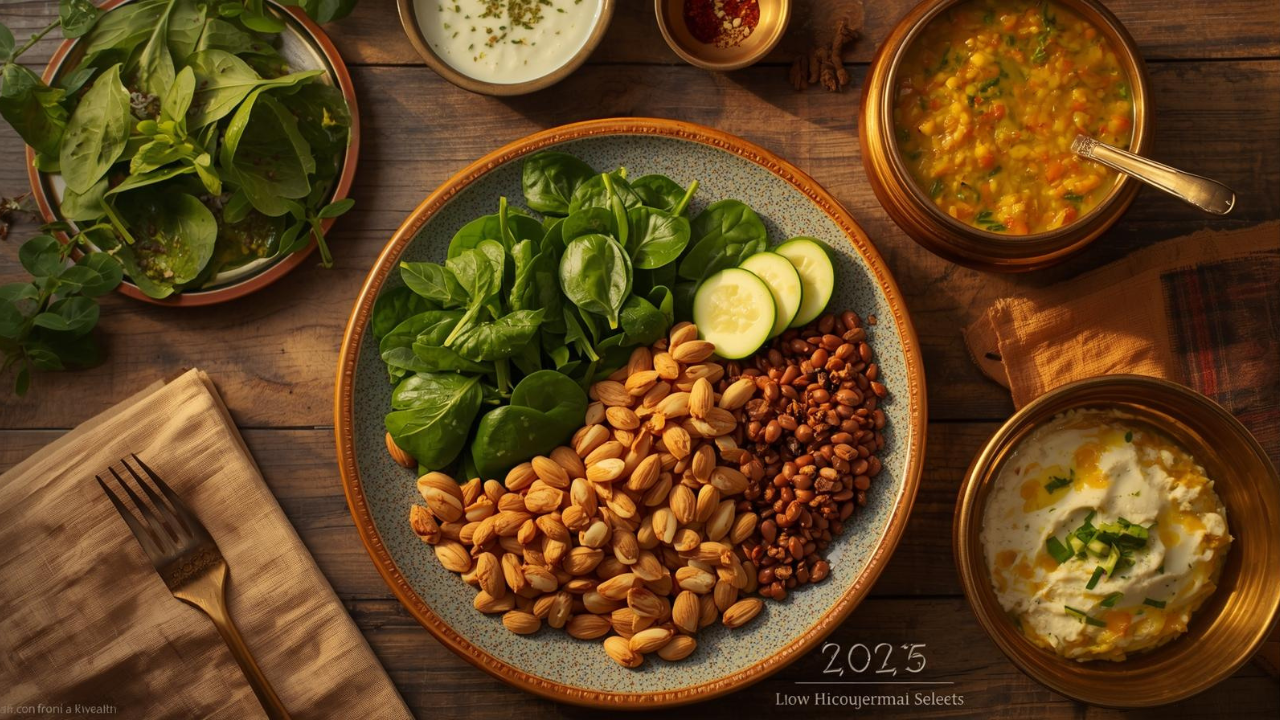



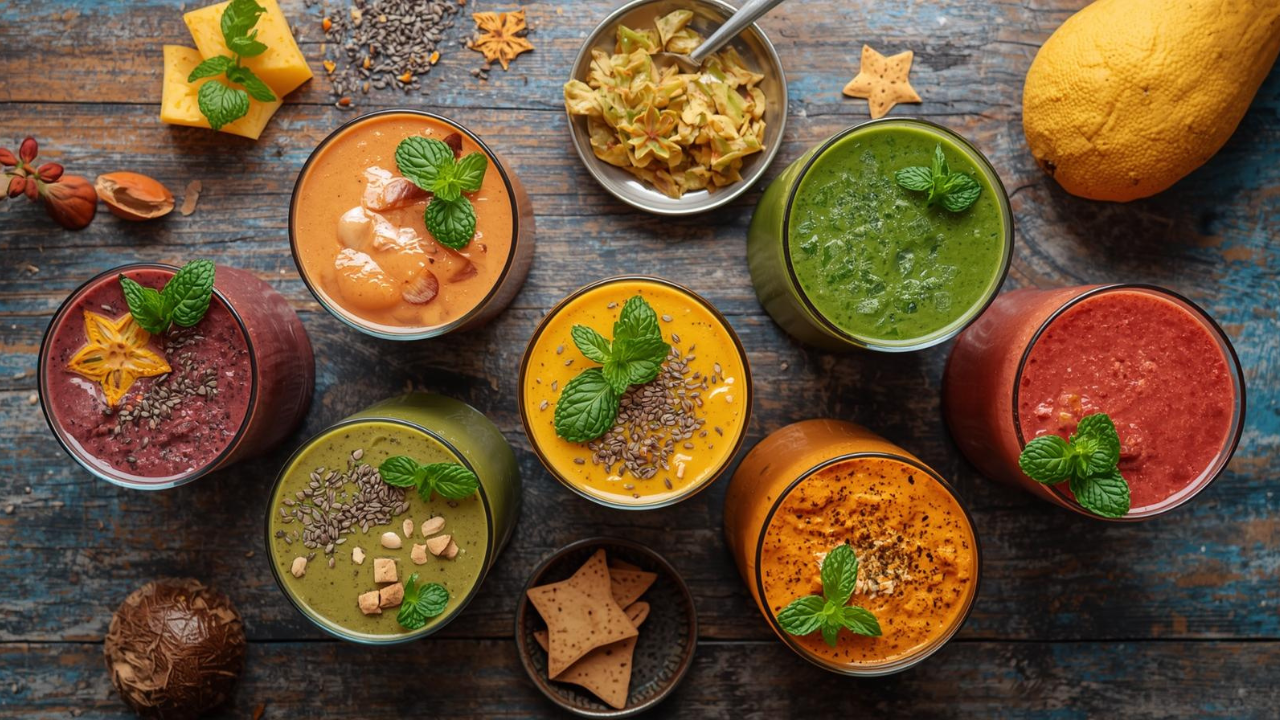



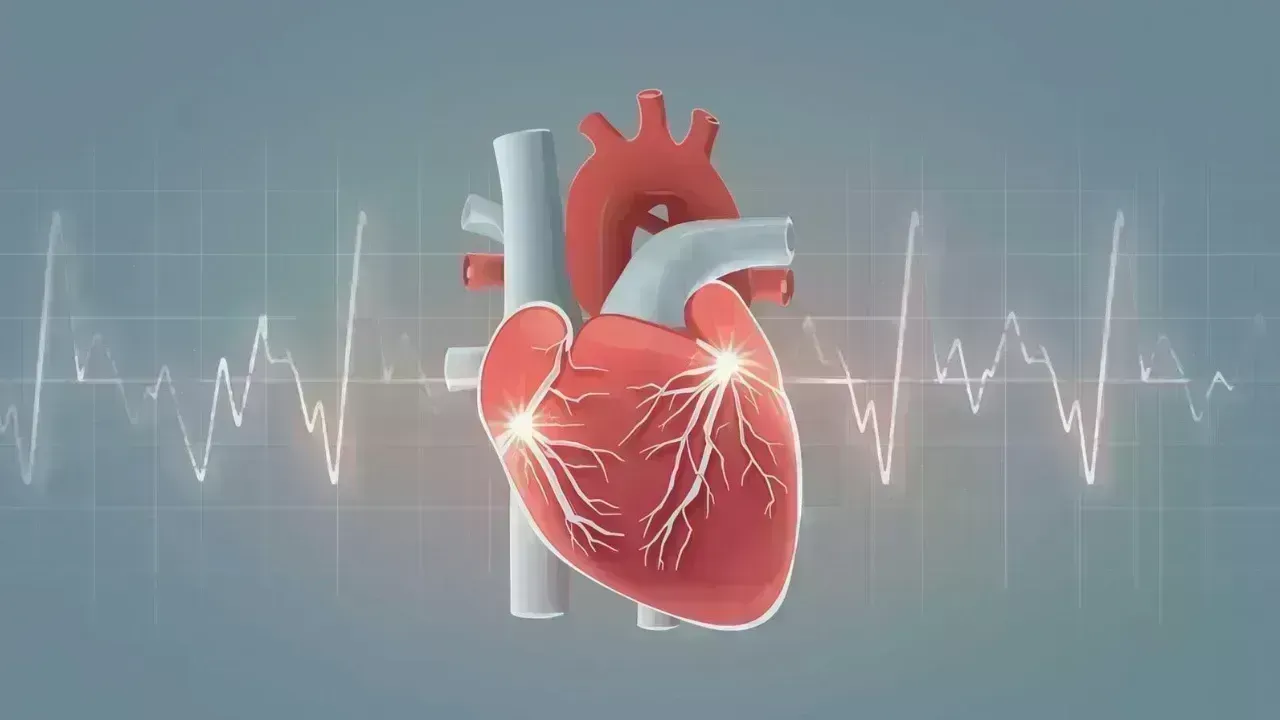
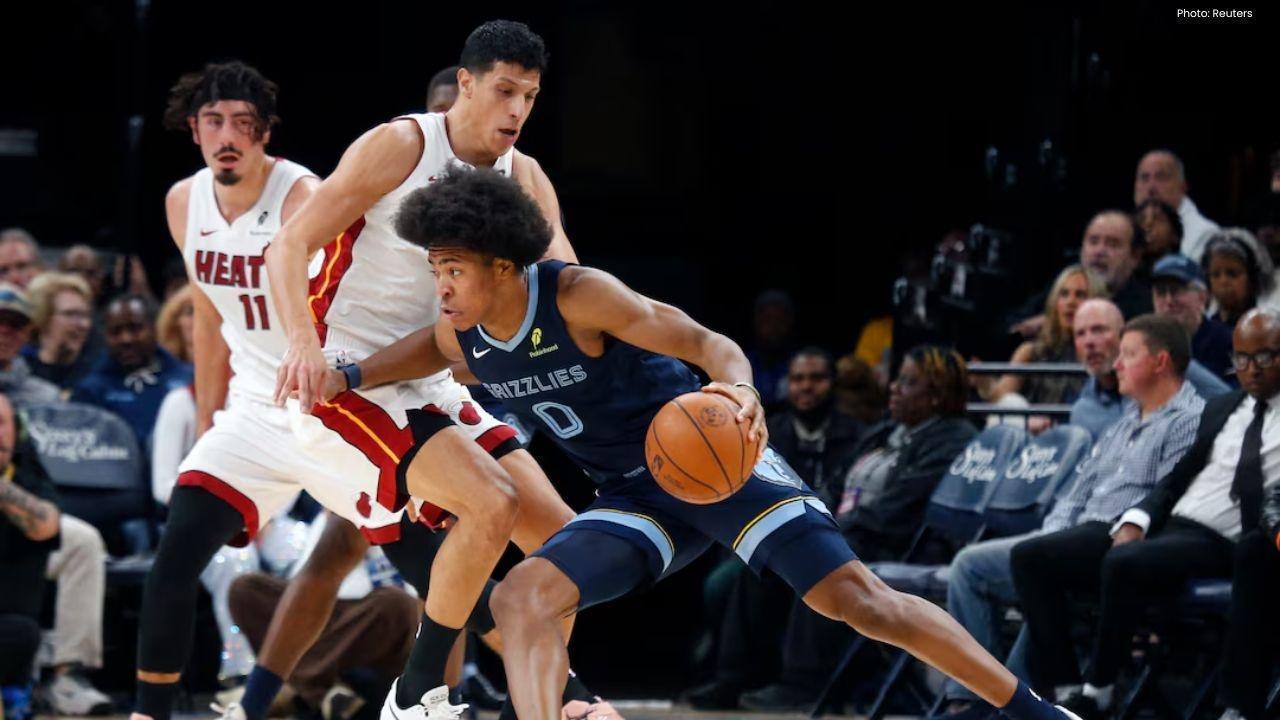
NBA Friday Recap: Powerhouse Wins for Miami, LA, Milwaukee, and Clippers
Miami, LA Lakers, Milwaukee, and Clippers triumphed in a thrilling NBA Friday, showcasing standout p

Doncic Shines with 49 Points in Lakers' 128-110 Victory over Timberwolves
Luka Doncic dazzles with 49 points as the Lakers secure a 128-110 win against the Timberwolves, show

Kings Triumph Over Jazz 105-104 with Last-Minute Sabonis Effort
The Sacramento Kings edged out the Utah Jazz 105-104, with Domantas Sabonis making the decisive shot

Argentina's Friendly Match Against India Delayed, New Date to be Announced
The friendly match between Argentina and India in Kochi has been postponed due to FIFA approval dela

Rohit and Kohli Conclude ODI Journeys in Australia with a Victory
Rohit Sharma and Virat Kohli bid adieu to Australian ODIs with a final win, forming a 168-run partne
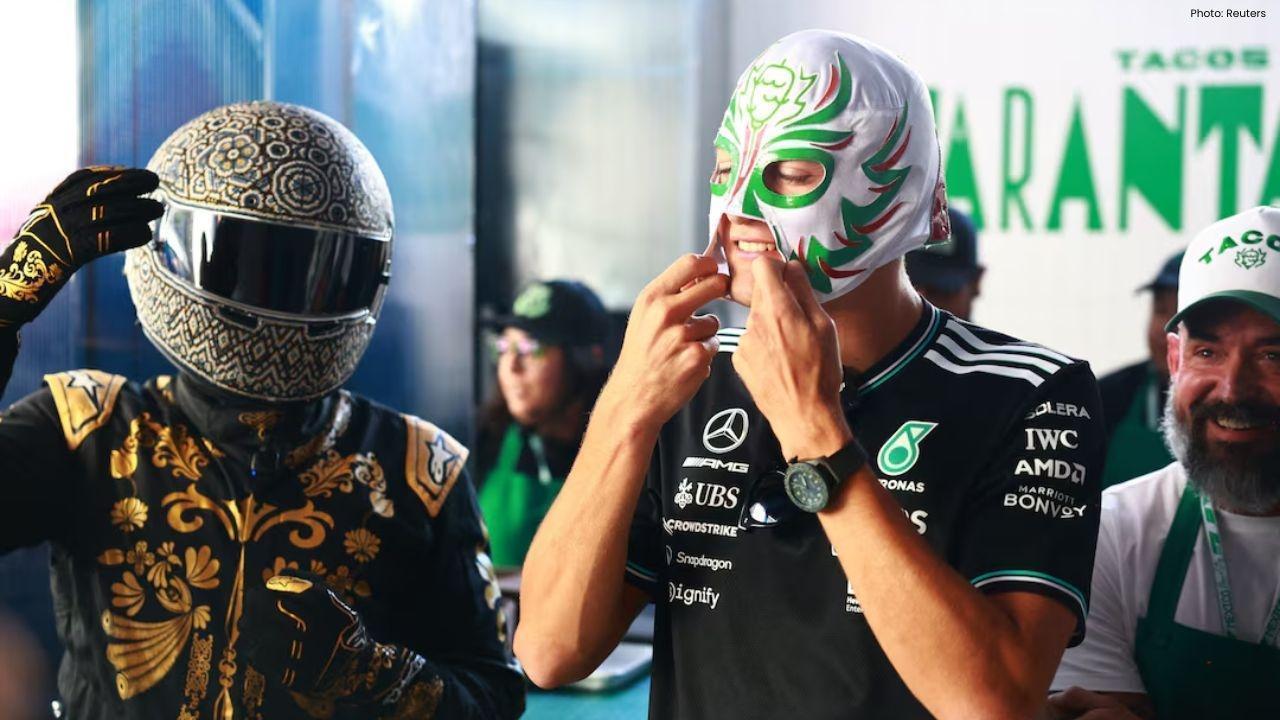
George Russell's Wrestling Mask Antics at Mexican Grand Prix
George Russell donned a wrestling mask to enjoy the Mexican Grand Prix from the stands, providing a